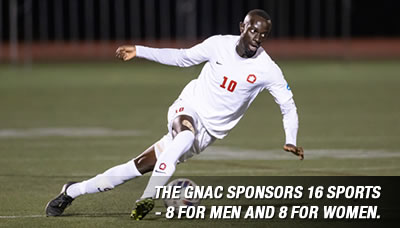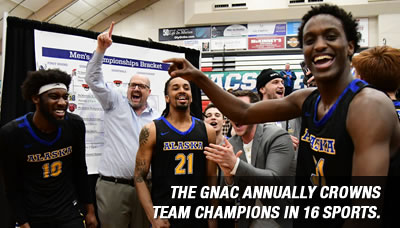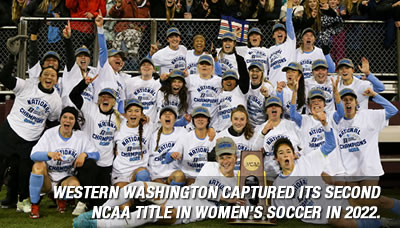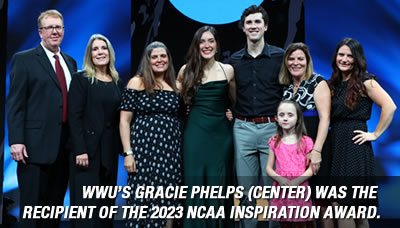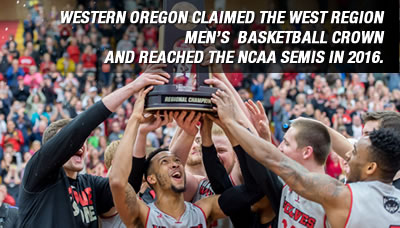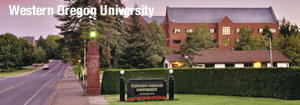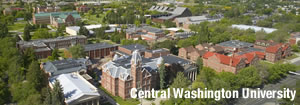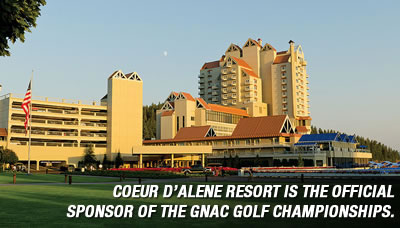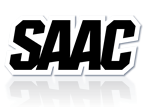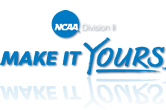Friday, January 24, 2014
First in a series
“I have always said that sports is a reflection of what’s going on in society. Women have a right to have these things just like men.” – Lynda Goodrich
PORTLAND, Ore. – With more than 400 wins as a women’s basketball head coach, nine national championships under her watch as director of athletics, and election to five Halls of Fame, the 40-plus year career of Lynda Goodrich is one of the most significant not only in Western Washington University history but women’s collegiate athletics as a whole.
After all, she was named WWU’s Sports Impact Person of the Century, and created a legacy that has transcended several generations of American sports culture.
Goodrich will share her story this spring at the Women in Sports Career Seminar, hosted by the Great Northwest Athletic Conference in Seattle on May 17. The seminar, which is open to women currently enrolled in college in the western United States who are aspiring towards a career in sports, will provide Goodrich an opportunity to pass on some of her best advice to a new generation.
For Goodrich, a physical education major as an undergraduate at Western Washington, opportunities to play competitive sports, let alone obtain administrative roles in athletics, were essentially non-existent for women. Basketball at the time consisted of 3-on-3 games with modified rules and almost no level of competition.
In the pre-Title IX era competitive sports for women was a concept that needed pioneering, but without a precedent of success or women figures in sports to look up to as role models, the task of developing organized teams and leagues figured to be one that required determination and guts.
“At that time, I don’t know that there was a woman in athletics to look up to,” Goodrich commented regarding her time as an undergraduate student. “I had several professors like Margaret Aitkin, Alta Hansen and Evelyn Ames who were strong role models and were forging the way for women at the time.”
Goodrich took a liking to basketball, and eventually began coaching at West Seattle High School with hopes of catalyzing a movement towards more competitive women’s sports. Although Goodrich is certain discouragement and disdain towards her efforts was present throughout her journey, she doesn’t recall specific incidents or times that it put her motivations into question. “I’m not one to look too much into the past; I like to look ahead, take the moment and do the most I can with it,” Goodrich said. “There were lots of times when people tried to make you feel like you weren’t good enough, but you just had to have a certain self-confidence, keep your head down and keep fighting a good fight.”
Little did Goodrich know that the battle she was entering would eventually alter college sports in the United States, as her push to develop women’s varsity sports aligned with the passing of Title IX legislation. “A group of women and I who coached after-school girls’ sports programs would get together and strategize how to get the school districts to recognize girls’ athletics as a viable thing,” Goodrich remembered from her days as a high school teacher and coach. “Any woman at the time who had anything to do with girls’ sports was championing the same thing, and it wasn’t easy but eventually we got track, gymnastics and basketball listed as varsity sports.”
Using her first success as further motivation, Goodrich returned to Western Washington to continue the movement and begin what would end up being the most significant career in the school’s athletic department history.
Goodrich capitalized on an opportunity to pursue her master’s degree while working as a graduate assistant for the women’s basketball and volleyball teams. When physical education and athletics diverged as separate career paths, Goodrich made the decision to stick with the latter and claims that’s when her life really took the direction it did. “When P.E. split away from athletics, I was given the choice to pick one or the other, and I knew that I wanted to go with athletics,” said Goodrich.
Over the next 19 seasons as women’s basketball head coach, Goodrich went on to become the third person in NAIA history to reach the 400-win plateau, reached the postseason 18 times and had 13 20-win seasons without a single year with a losing record. Far-removed from the days of bake sales and car washes to raise enough money to even have a women’s program, Goodrich’s success was personified through her players both on and off the court. “There’s no comparison to what (the program) was then and what it is now,” Goodrich commented referring to her early days as a player when her teams would sleep on the floors of families’ homes during road trips. “To see my alumni women that came through the program is wonderful, because there have been so many successful people.”
It only seemed fitting for Goodrich to eventually assume the post of athletic director, which she held for 26 years. Much of the credit for transforming WWU’s athletic program into a comprehensive and reputable organization on both the men’s and women’s sides was due to her perseverant life journey. While the championships and awards attained by student-athletes help to quantify Goodrich’s success, to her it is about the way athletics shape individuals and define who they become that is most important. “Athletics is just a great opportunity for both men and women to develop as people,” Goodrich said. “The women who participated in that era were incredibly strong and had to feel real self-confidence to be able to do what they did. I am proud to have been part of Western’s emergence as a leader in athletics nationally, and I am lucky to have had a lot of great coaches and to work with some wonderful people.”
To this day Goodrich continues to impact student-athletes and administrators alike on the campus of WWU, as she serves as a special assistant to the vice president for athletic fund raising. When she speaks at the Women in Sports Career Seminar in May, Goodrich hopes to convey a message of inspiration and encouragement to young women aspiring to excel in the sports industry. “I’m hoping that these young women can see that if they want a future in athletics as a career, there are opportunities and women willing to help mentor them,” Goodrich said regarding her plans for her presentation. “If you decide you want something, you should be able to achieve it, and realize that the sky is the limit.”
For more information on the Women in Sports Career Seminar, including instructions for signing up to participate, visit the related links section of this article.

